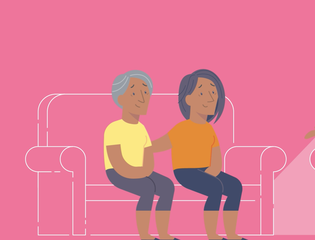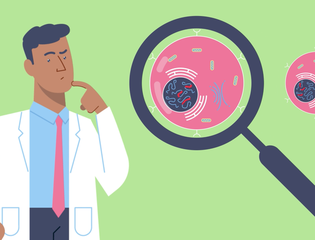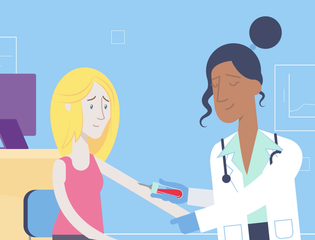Genetic Testing Resources
We hope we’ve given you all the information you need but there really is a lot to take in. In case we’ve missed anything, we think these resources are really helpful too:
- A Beginner’s Guide to BRCA1 and BRCA2 – by the Royal Marsden NHS Foundation Trust
- A Beginner's Guide to Lynch syndrome – by the Royal Marsden NHS Foundation Trust and Lynch Syndrome UK
- Prospective Lynch Syndrome Database – Open access database to find out your risks, for different gene mutations at different ages
- InSight: The International Society for Gastrointestinal Hereditary Tumours (InSiGHT) is an international multidisciplinary, scientific organisation whose mission is to improve the quality of care of patients and families with any hereditary condition resulting in gastrointestinal tumours
England, Wales & Northern Ireland
- NICE Clinical Guidelines CG164: This guideline covers care for people with a family history of breast, ovarian, prostate and pancreatic cancer.
- NICE Clinical Guideline NG241 This guideline covers assessing the familial and genetic risk of having a pathogenic variant associated with ovarian cancer in adults.
- Clinical Commissioning Policy: Genetic Testing for BRCA1 and BRCA2 Mutations, NHS England: An overview of who’s entitled to BRCA testing and how that testing can be accessed.
Scotland:
Genetic Testing Translations
As part of IMPROVE UK and in collaboration with Sandwell and West Birmingham NHS Trust, and Cancer Research UK Cambridge Centre, we've hosted videos about genetic testing for ovarian cancer patients, which were created with patients from Birmingham and Cambridge. Each video has been translated into Bengali, Polish, Punjabi, Romanian and Urdu.
Please find links to the video playlists below:
We also have a range of written resources translated here.


